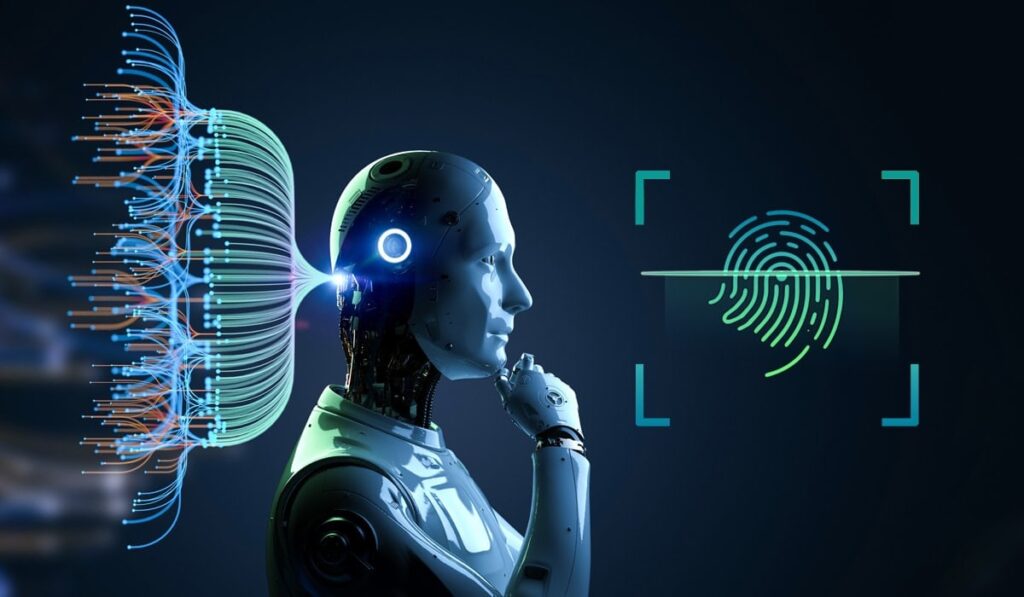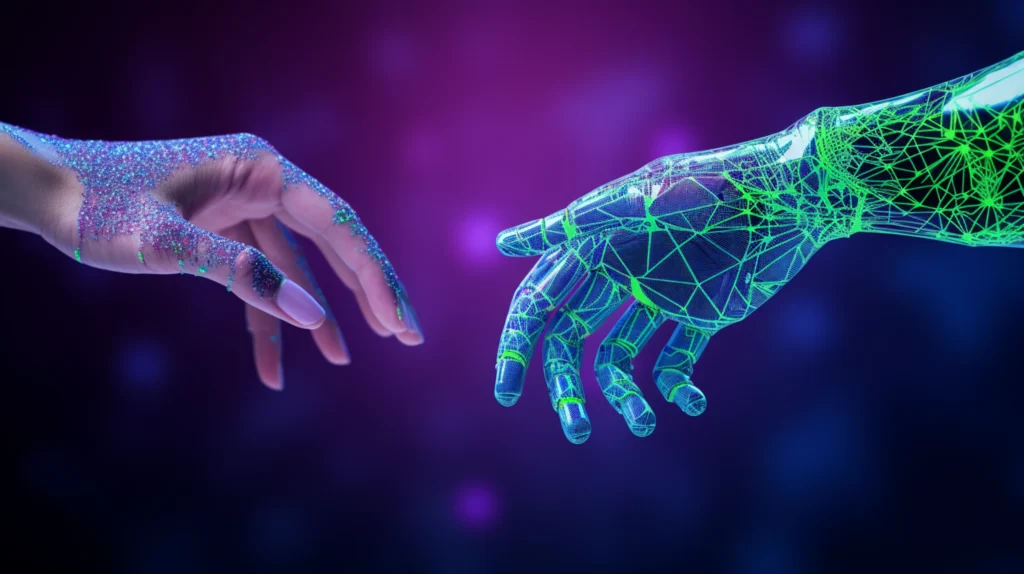Unlocking the Future: Everything You Need to Know About Artificial Intelligence

Artificial Intelligence (AI) is the simulation of human intelligence processes by machines, particularly computer systems. AI encompasses a variety of technologies, including expert systems, natural language processing (NLP), speech recognition, and machine vision.

How Does Artificial Intelligence Work?
AI works by using specialized hardware and software to create and train machine learning algorithms. Common programming languages for AI development include Python, R, Java, C++, and Julia. AI systems typically function by processing vast amounts of labeled data, identifying patterns and correlations within that data, and using these patterns to make predictions or decisions.
For example, chatbots can learn to generate realistic conversations by analyzing text examples, while image recognition systems can identify objects in images by reviewing numerous examples. Generative AI techniques are rapidly evolving, allowing the creation of realistic text, images, music, and other media.
AI programming focuses on several cognitive skills:
- Learning: Acquiring data and creating rules (algorithms) to convert data into actionable information.
- Reasoning: Choosing the right algorithms to achieve desired outcomes.
- Self-correction: Continuously refining algorithms to ensure accuracy.
- Creativity: Using neural networks and other AI techniques to generate new content and ideas.
Why is Artificial Intelligence Important?
AI has the potential to transform various aspects of life, from business automation to enhancing customer service, fraud detection, and quality control. AI excels at repetitive, detail-oriented tasks, processing large data sets quickly and with fewer errors than humans. It can provide insights that might otherwise go unnoticed and is crucial in areas like education, marketing, and product design.
AI is pivotal for many leading companies, such as Alphabet, Apple, Microsoft, and Meta, where it drives advancements in search engines, autonomous vehicles, and language processing technologies.

Advantages and Disadvantages of Artificial Intelligence
Advantages:
- Detail-oriented tasks: AI can outperform humans in diagnosing certain cancers and other tasks.
- Efficiency: AI reduces the time needed to analyze large data sets, particularly in industries like banking and pharmaceuticals.
- Productivity: AI-driven automation can increase productivity, especially in warehouses.
- Consistency: AI provides consistent results, useful in translation and customer service.
- Personalization: AI tailors content and services to individual preferences.
- 24/7 Availability: AI-powered agents can provide round-the-clock service.
Disadvantages:
- Cost: AI development and implementation are expensive.
- Technical Expertise: Requires specialized knowledge to develop and maintain AI systems.
- Bias: AI systems can perpetuate biases present in training data.
- Job Displacement: AI can lead to job losses as tasks become automated.
- Generalization: AI struggles to apply knowledge from one task to another.
Strong AI vs. Weak AI
AI can be categorized as:
- Weak AI: Also known as narrow AI, designed for specific tasks (e.g., virtual assistants like Siri).
- Strong AI: Also known as artificial general intelligence (AGI), aims to replicate human cognitive abilities, capable of understanding and learning any intellectual task that a human can.

Types of Artificial Intelligence
Arend Hintze classifies AI into four types:
- Reactive Machines: Task-specific with no memory, like IBM’s Deep Blue.
- Limited Memory: Can use past experiences to inform decisions, such as self-driving cars.
- Theory of Mind: AI with social intelligence to understand emotions (not yet fully developed).
- Self-awareness: AI with consciousness and self-awareness (currently theoretical).
Applications of Artificial Intelligence
AI is used in various fields:
- Healthcare: Enhances patient outcomes and reduces costs.
- Business: Improves customer service and automates processes.
- Education: Personalizes learning and automates grading.
- Finance: Manages personal finances and performs trading.
- Law: Automates document review and legal research.
- Entertainment: Powers content recommendations and automated journalism.
- Software and IT: Automates coding and IT processes.
- Security: Enhances cybersecurity measures.
- Manufacturing: Incorporates robots and automation.
- Banking: Improves customer interactions and compliance.
- Transportation: Manages traffic and predicts disruptions.

Ethical Use and Regulation of Artificial Intelligence
AI’s implementation raises ethical concerns, such as bias, misuse, job displacement, and privacy issues. Regulations are limited but evolving, with initiatives like the European Union’s GDPR and the U.S. “Blueprint for an AI Bill of Rights” guiding ethical AI use. Policymakers face challenges in crafting laws that balance progress and safety, given AI’s rapid evolution and complexity.
History of Artificial Intelligence
AI has a rich history, from ancient myths to modern advancements:
- 1940s-1950s: Foundations of AI with programmable machines and early neural networks.
- 1956: Dartmouth College conference marks the birth of modern AI.
- 1970s-1980s: AI winters due to limited progress and funding.
- 1990s-Present: Advances in computational power and data processing revive AI, leading to breakthroughs in machine learning, NLP, and generative AI.
Artificial Intelligence Tools and Services
Recent AI innovations are driven by the development of neural networks, GPUs, and generative pre-trained transformers. Key advancements include:
- Transformers: Efficiently train AI on large data sets.
- Hardware Optimization: Enhanced GPU capabilities.
- Generative AI: Produces new content from various inputs.
Summary
AI represents a transformative technology with vast potential across multiple industries. While it offers significant benefits, it also poses ethical and regulatory challenges that require careful management. The ongoing evolution of AI continues to shape the future of technology and society.



